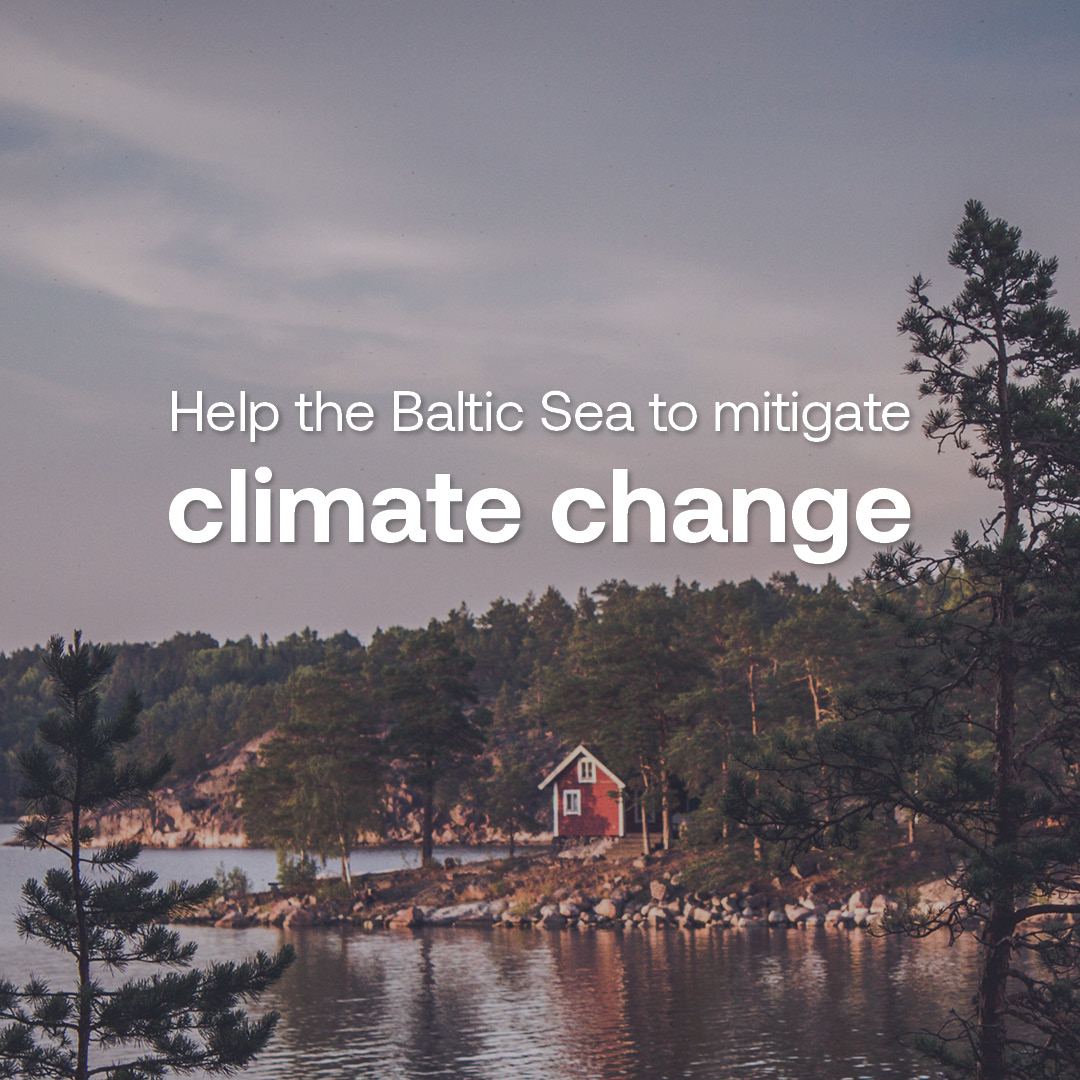Our inland sea is a key player in climate action, sequestering large amounts of carbon dioxide in sediments and vegetation, especially along the coasts, which would otherwise be released into the atmosphere. However, coastal ecosystems are severely affected by disturbances such as eutrophication, overfishing and exploitation.
Strengthening the ability of ecosystems to store carbon and increase their resilience to climate change requires measures to both protect and restore vulnerable ecosystems. If not, these areas may instead contribute to increased greenhouse gas emissions. In the policy paper “Help the Baltic Sea to mitigate climate change“, this year’s BalticWaters trainees list six recommendations for healthy coastal ecosystems.
– How we manage our coastal areas can determine whether they become carbon sinks or carbon sources. Limiting human impacts from eutrophication, overfishing and physical disturbance of habitats are important steps towards a healthy coast, write authors Ebba Rosendahl, Johanna Svensson, and Louisa Juvall Molin.

About the programme
The trainee programme is aimed at people who have recently graduated in social sciences and who want to build on their studies with practical environmental science. For 12 weeks, 2023 trainees Ebba Rosendahl, Johanna Svensson and Louisa Juvall Molin learnt how research is translated into practical measures and how it is disseminated to decision-makers.

